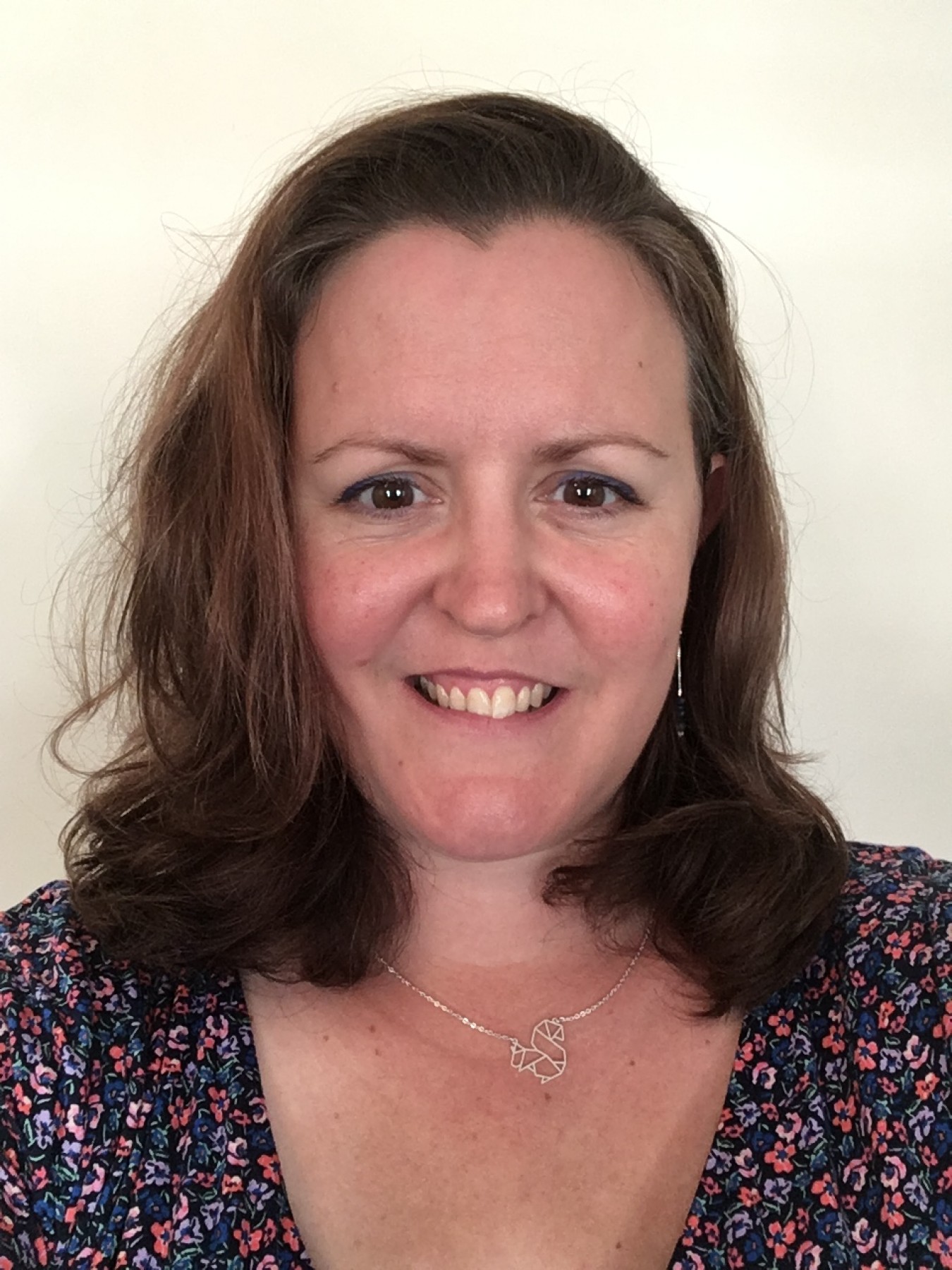To mark World Bipolar Day, we spoke to Loren Eley, a Kiwi living with Bipolar Disorder Type I. Ten years on from her diagnosis, Loren has pulled together 10 lessons she’s learned about living with Bipolar in the hopes of raising awareness and helping others.
- Another episode can happen again, it really is a lifelong diagnosis
I was naïve to think my first episode was a one off, and struggled with the concept of a lifelong diagnosis. The professionals told me that even just that one episode was worthy of the diagnosis, but it wasn’t until my second episode seven years later, that I realised this was true for me. - I’ll probably be on medication for life
And I think I’m okay with that! Yes medication has side effects (for me the weight gain is a major challenge), but if it keeps me level and stable for a long time, then its working. I also know that I have to deploy more techniques than just meds; there’s a lot I can do myself to help limit future episodes and their impact. - Routine is key, especially around sleep
Humans are creatures of habit and a lot of the time, routine helps keep us centred, comfortable and on track. Sleep hygiene especially is sooo important: lack of sleep is my biggest trigger, warning sign and symptom. Good sleep is essential for me and I could write a lot about what I’ve learned about sleep in the last decade! - You can find strength you didn’t know you had… rock bottom is a solid base to build up from
Friends told me during my last episode how strong I was… I felt anything but! What I did learn, however, was that a lot of our recovery can be helped by ourselves, rather than entirely depending on services and professionals. You can grow your own self-care toolkit by testing and learning new techniques and what works for you. It made me feel empowered! - I’ve got the best support network: thank you!
Huge thanks to my fiancé, family, friends and colleagues. Without the support and encouragement, non-judgement and support, I wouldn’t be where I am today. Thank you from the bottom of my heart… You know who you are! - You can turn awful experiences into positive life lessons for others
I’ve been able to use my two major episodes as education for others, particularly in the workplace. I have delivered talks about bipolar and self-care to several organisations, and I have been a guest on panels about disability, mental health and representation in the media, including to MP’s in the UK. - There’s nothing to be ashamed of
While I have never felt embarrassed or ashamed of my illness, I have felt shame after an episode based on behaviours in that dark time. It can be hard to love and accept everything that comes with this illness, but its been really good for me to let the shame pass and accept that it is part and parcel of occasionally being unwell. - There’s always more you can learn and add to your self-care toolkit
I’m a huge advocate of self-care: it is not selfish! It’s essential, and can take many forms. You may expect the regularly touted exercise, diet, sleep, but it can also encompass relaxation, creativity, connection, solo, treats, and span across physical, emotional, mental and spiritual. There’s always more you can learn, try, and see if it works for you, then add it to your daily habits or file for when needed. I even created a radio programme about different areas of self-care to grow that toolkit. - Talking about my experiences is an essential part of healing
Every time I deliver a talk, open up on social media or have something published, I see an immediate positive reaction. Someone always privately messages, saying they were happy to see how open I was, and it encouraged them not to suffer in silence and to share with someone they love and seek help. THAT is why I happily talk about myself; so others can see they can too! - I’m still me, despite this condition!
The symptoms of hypomania are often similar to my own personality traits (high energy, productive, talkative, creative, jumping from thought to thought, etc.). It can be hard for me to spot hypomania until its too late, and it’s harder still to doubt yourself when you’re feeling really good and confident. Am I becoming unwell? Or am I just in a great space? I’m learning the difference, and realising that despite this condition, I am still Loren, I’m still me, and that’s pretty cool.

